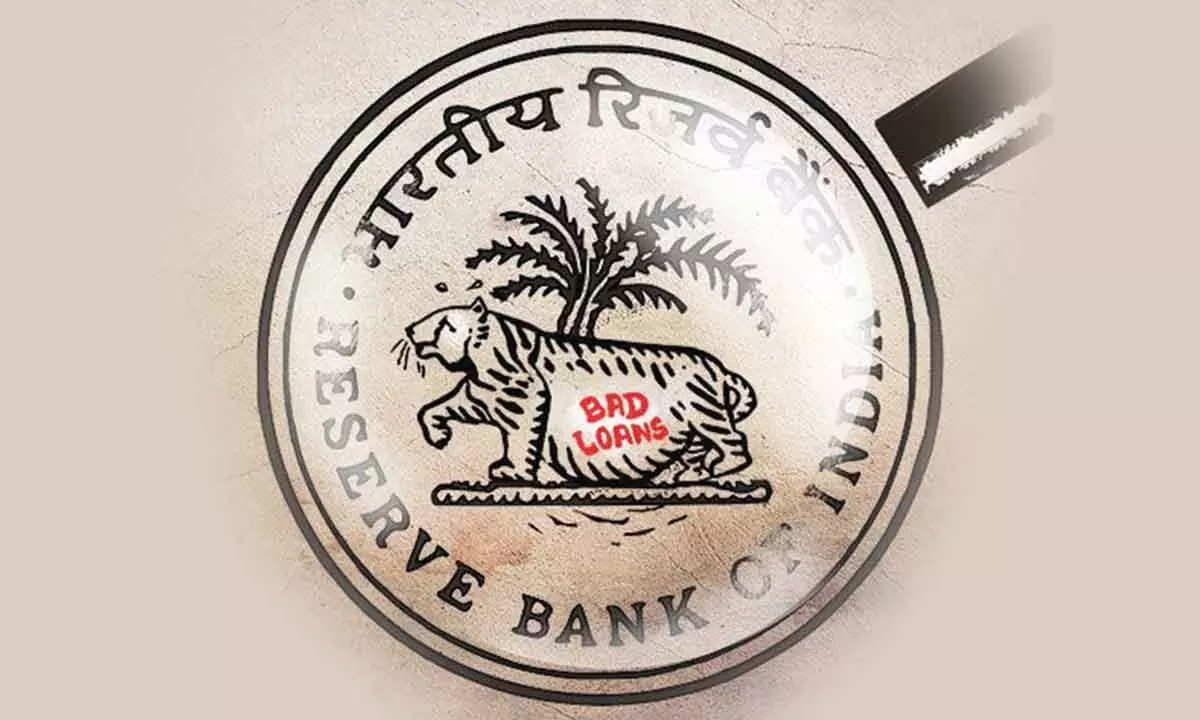Capital cost increasing on rising regulatory risk
RBI underscores its commitment to strengthening financial sector, but increased regulatory risk could impede growth: S&P
image for illustrative purpose

Governance and transparency are key weaknesses for the Indian financial sector and weigh on our analysis - Geeta Chugh, Credit Analyst, S&P
New Delhi: S&P Global Ratings on Tuesday said India’s financial system regulator RBI is showing serious commitment to improving governance and transparency in the sector.
“India’s regulator has underscored its commitment to strengthening the financial sector. But the increased regulatory risk could impede growth and raise the cost of capital for financial institutions,” said S&P Global credit analyst Geeta Chugh.
The recent measures by the RBI will curtail lenders’ over-exuberance, enhance compliance culture, and safeguard customers, but the drawback will be higher capital costs for institutions. RBI’s measures include restraining IIFL Finance Ltd and JM Financial Products Ltd from disbursing gold loans and loans against shares, respectively, and asking Paytm Payments Bank Ltd (PPBL) to stop onboarding of new customers.
In December 2020, the RBI suspended HDFC Bank from sourcing new credit card customers after repeated technological outages, S&P said. These actions are a departure from the historically nominal financial penalties imposed for breaches, it added.
“According to S&P, the RBI has diminishing tolerance for non-compliance, customer complaints, data privacy, governance, know-your-customer (KYC), and anti-money laundering issues. India’s financial system regulator, the Reserve Bank of India (RBI), is showing a serious commitment to improving governance and transparency at finance companies and banks, it said. “Governance and transparency are key weaknesses for the Indian financial sector and weigh on our analysis. The RBI’s new measures are creating a more robust and transparent financial system,” Chugh said.
The RBI has decided to publicly disclose the key issues that lead to suspensions or other strict actions against concerned entities.

